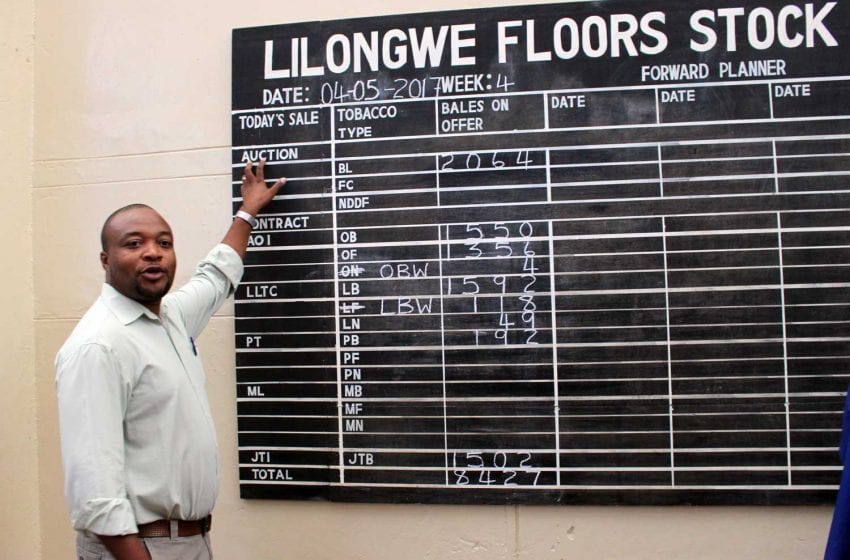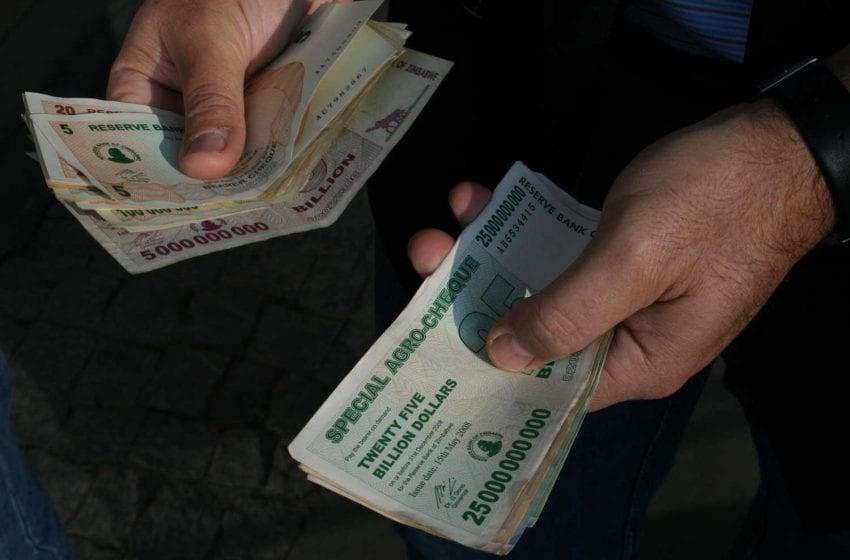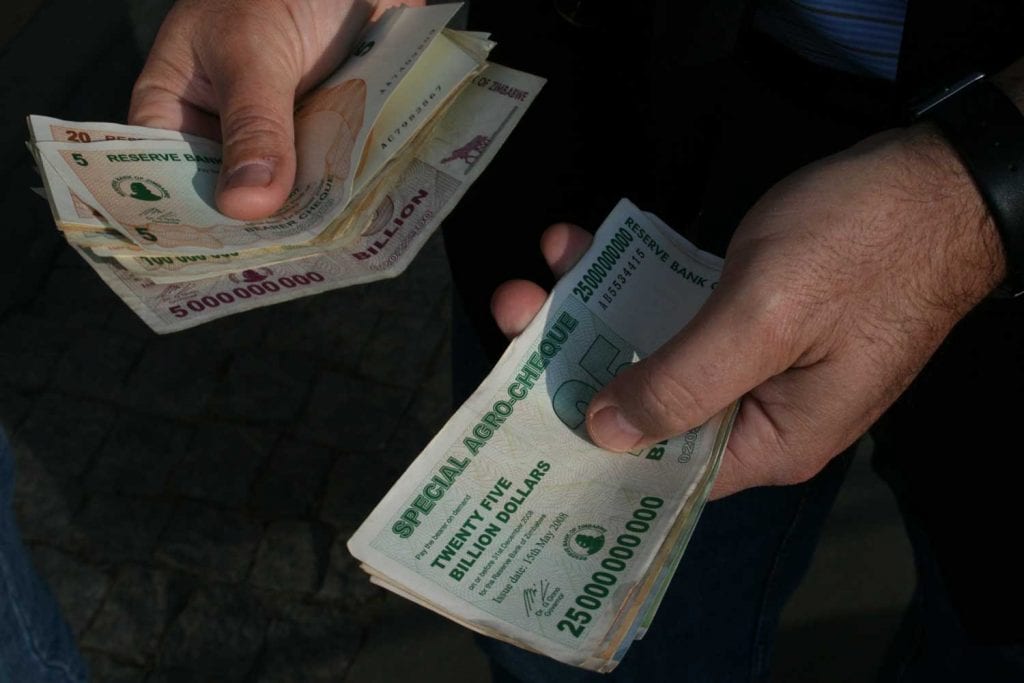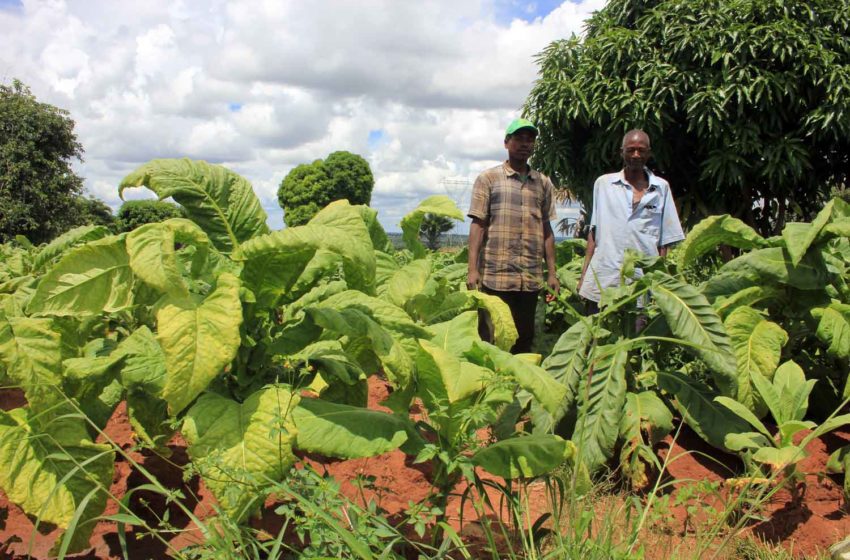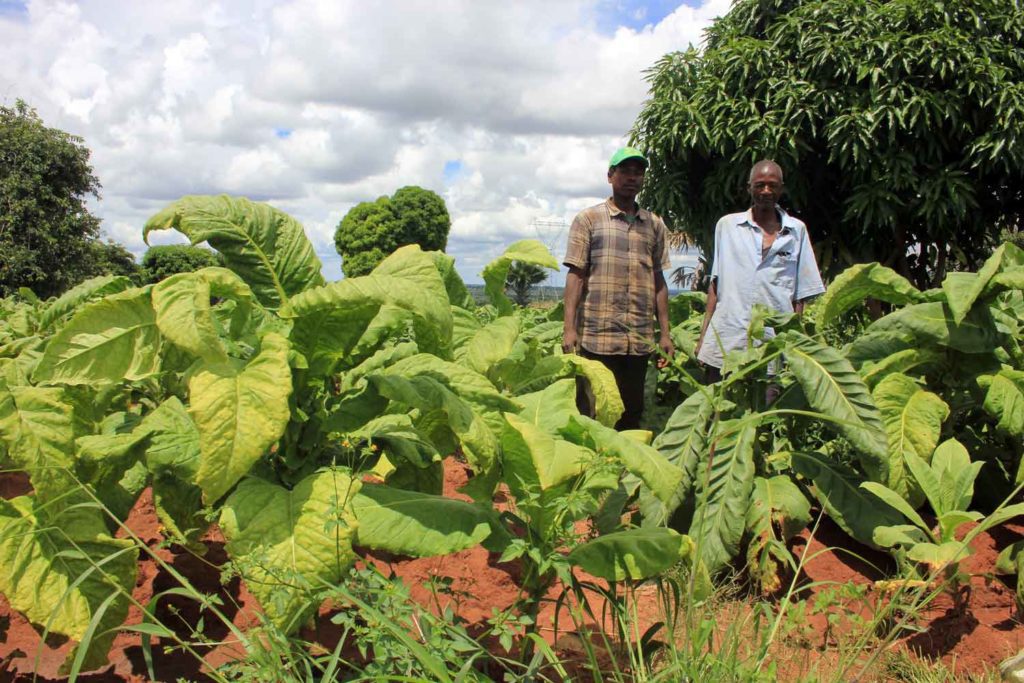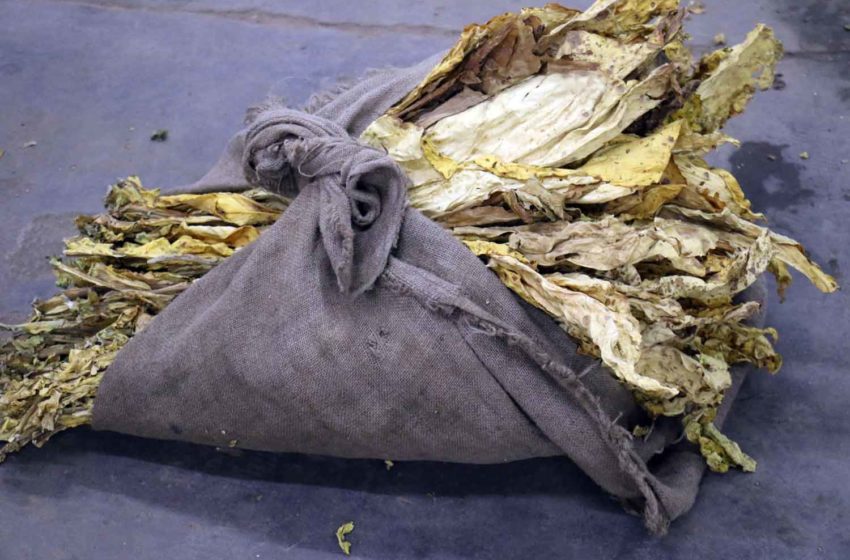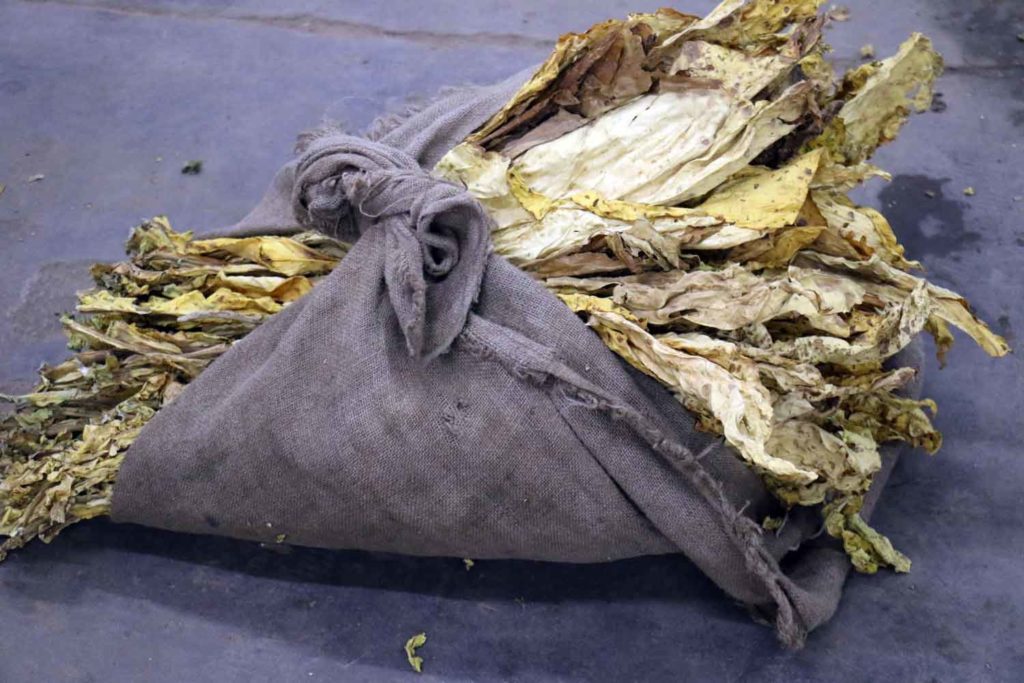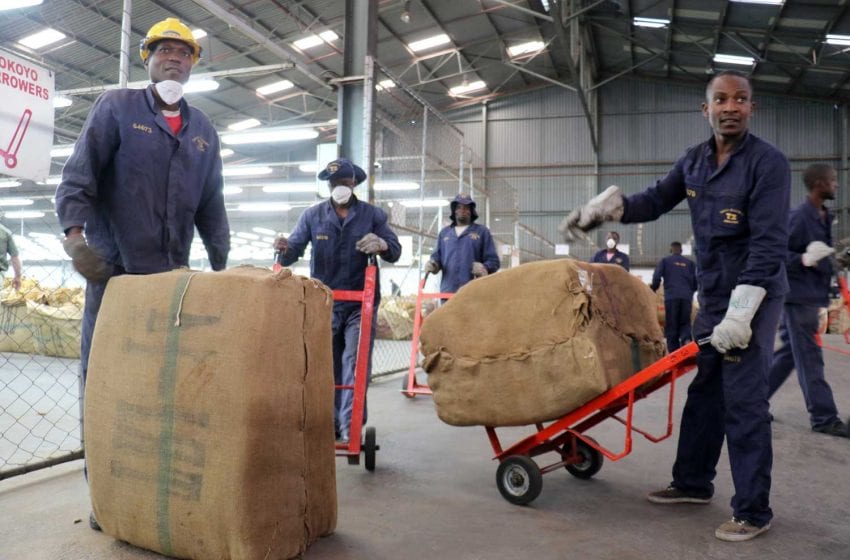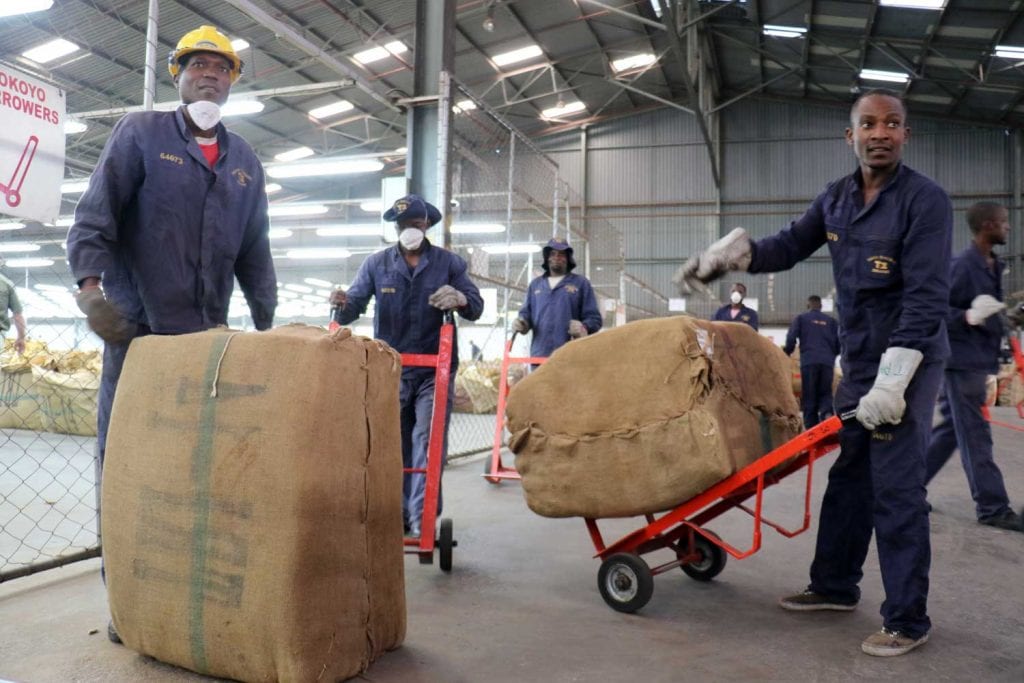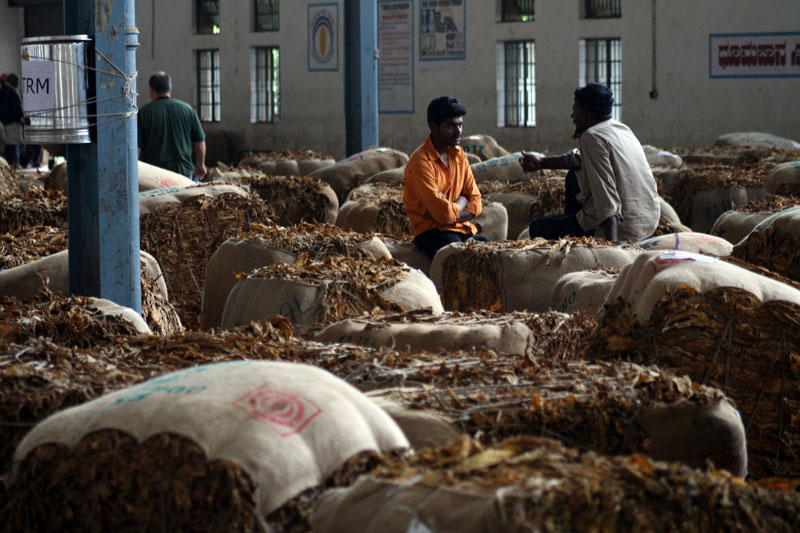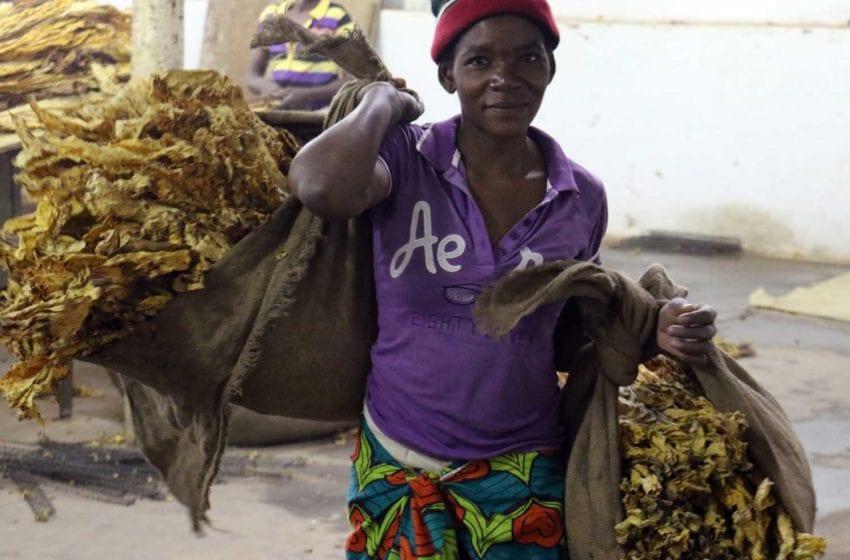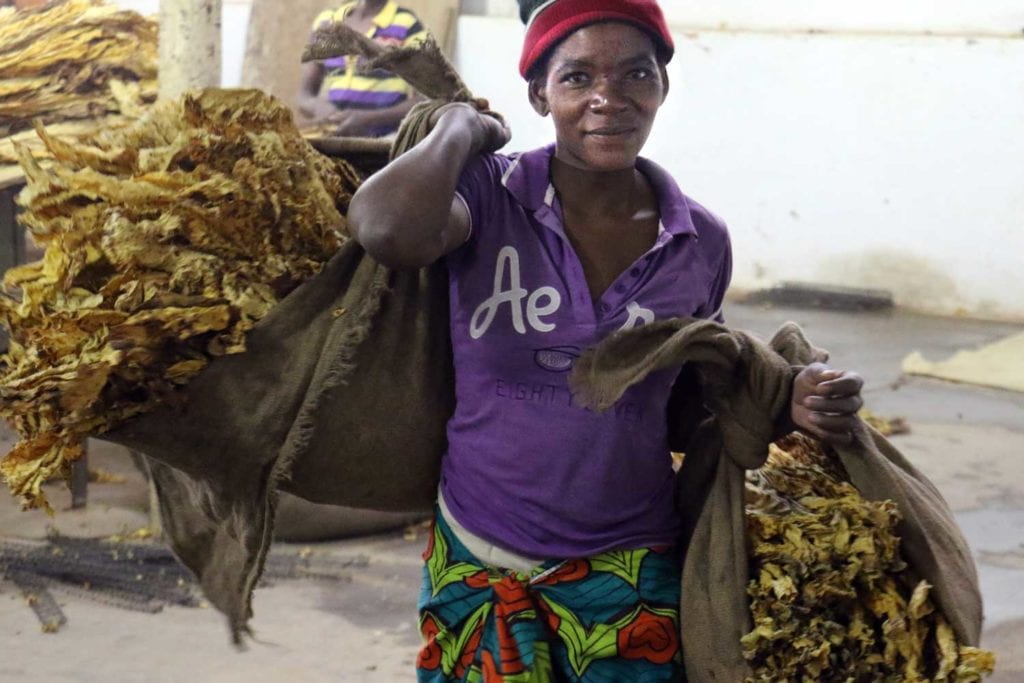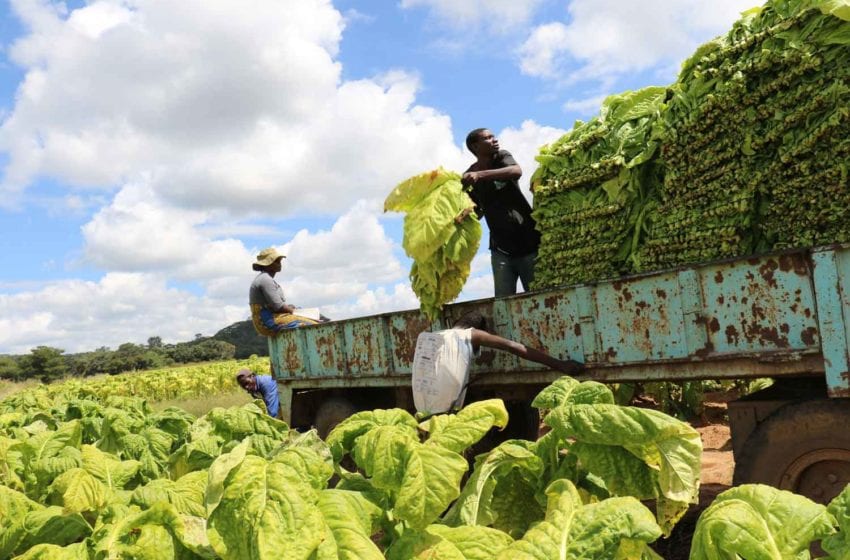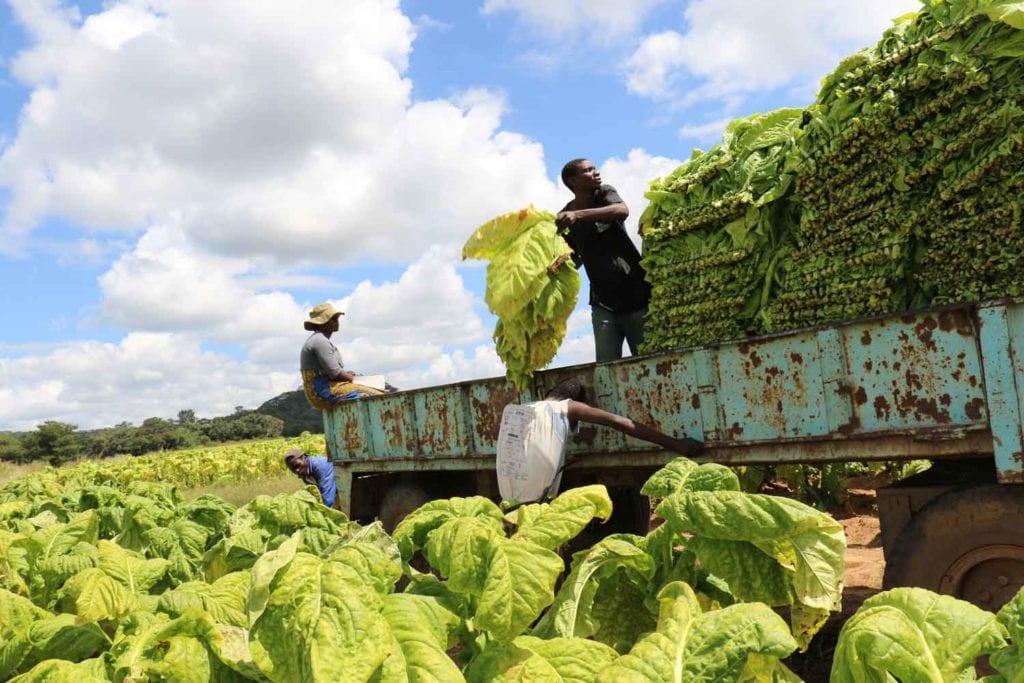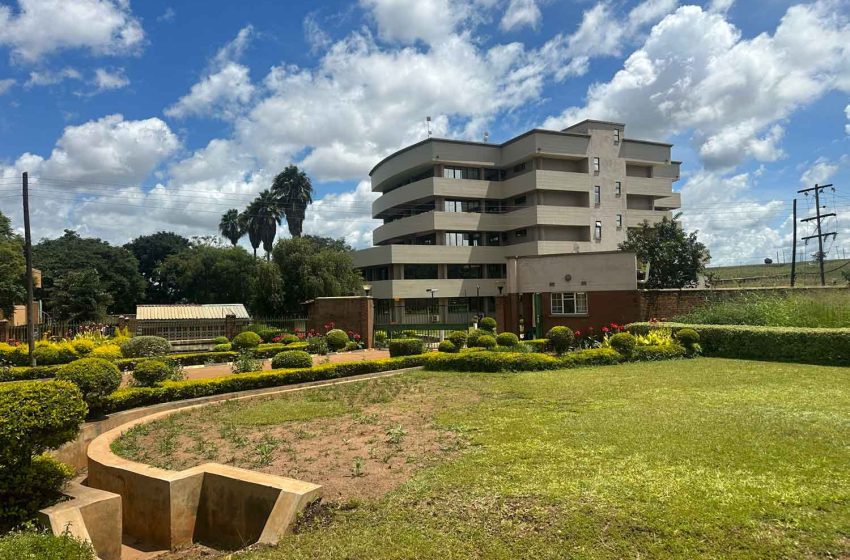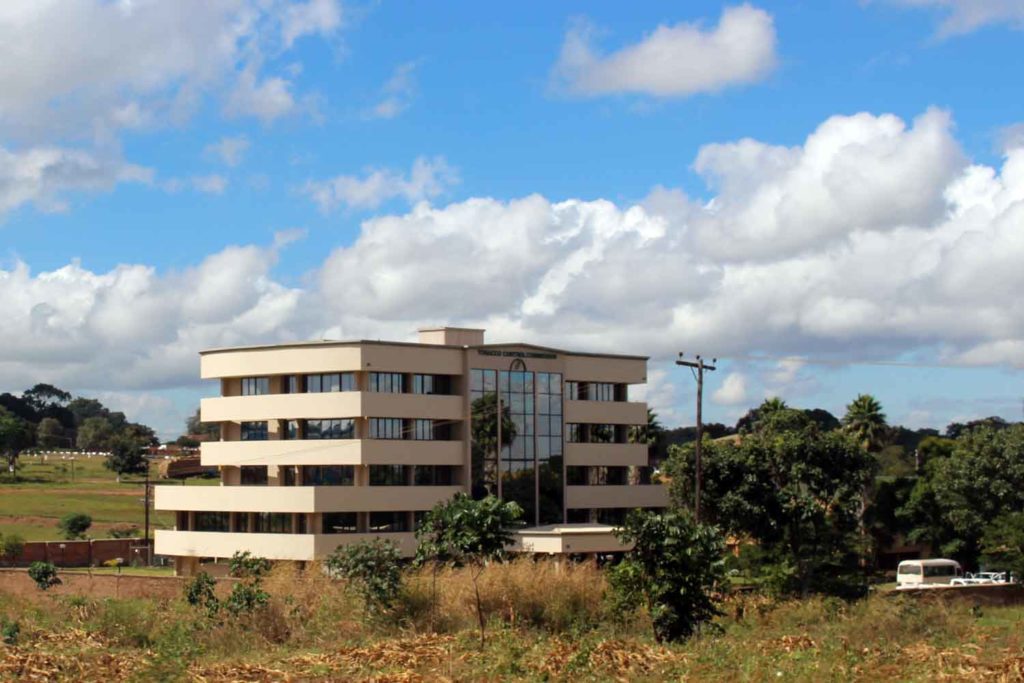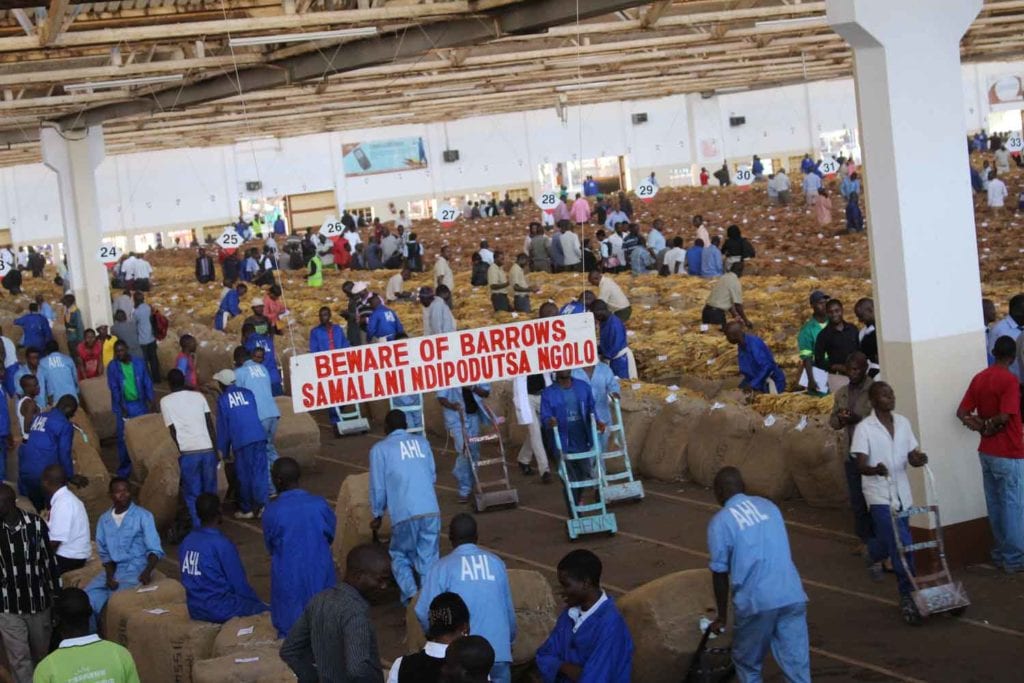
Farmers earned more than $243,500 from the sale of 94,453 kg of flue-cured tobacco on the first day of Zimbabwe’s 2022 marketing season, reports The Herald. This reflects a 40.54 percent increase over previous year when growers earned $173,256 from 92,106 kg on the first day of sales.
On the first day of the 2022 marketing season the average price was $2.58 per kg, compared with $1.88 on the first day of 2021, according to the Tobacco Industry and Marketing Board (TIMB).
TIMB Chief Execute Meanwell Gudu said prices are expected to be firm this year due to reduced volumes.
“Brazil is likely to be 80 million kg short of their usual production level because of drought. This creates less competition for us. India has fixed its 2021-2022 production of flue-cured Virginia up to 270 million kg, against 236 million kg in the previous year,” he said.
“Due to anticipated reduced volumes in Zimbabwe this season, there will be more pressure on the demand side to take the crop, which should naturally increase prices upwards. This is likely to be experienced in the medium to filler grades.”
Farmers in Malawi, meanwhile, were dissapointed with their earnings, with some asking President Lazarus Chakwera to intervene, according to The Nyasa Times.
On April 1, the highest price offered on the auction floor was $1.75 per kg and the highest offer on the contract market was $2.30.
Chakwera assured the farmers that the government would intervene. However, he also advised them to grade their tobacco properly to satisfy buyers’ requirement.
According to the Tobacco Control Commission there were more than 1,000 bales on the Lilongwe Auction Floors on the first day of the 2022 tobacco marketing season.

